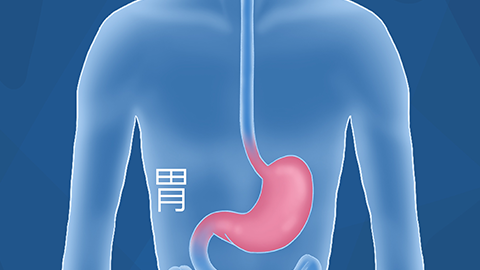How to Prevent Gastrointestinal Dysfunction in Newborns
Neonatal gastrointestinal dysfunction can generally be prevented through rational feeding, attention to abdominal warmth, maintenance of hygiene, appropriate abdominal massage, and regular作息 arrangements. A detailed explanation is as follows:

1. Rational Feeding: Adhere to scientific feeding methods, and breast-feeding should be prioritized whenever possible. The active components and nutrients in breast milk can be better digested and absorbed by newborns and also help enhance their immunity. If breast-feeding is not possible, choose formula milk suitable for the newborn's age and strictly follow the instructions for preparation.
2. Maintain Abdominal Warmth: Newborns' thermoregulatory functions are not yet fully developed, and their gastrointestinal tract is sensitive to temperature changes. When the ambient temperature is low, dressing the newborn with an appropriate abdominal wrap or covering them with a light blanket during sleep to keep the abdomen warm can reduce abnormal gastrointestinal motility caused by cold stimulation and lower the likelihood of gastrointestinal dysfunction.
3. Ensure Cleanliness and Hygiene: Newborns' gastrointestinal systems are relatively fragile and susceptible to bacterial and viral infections. Before feeding, feeding equipment such as bottles and nipples should be sterilized by boiling at high temperature. Caregivers should thoroughly wash their hands with soap or hand wash before and after caring for the newborn. Keep the living environment clean to avoid dust accumulation and bacterial growth, thus reducing the pathways for pathogen invasion.
4. Appropriate Abdominal Massage: When the newborn is emotionally stable, caregivers should wash their hands thoroughly and warm them up before gently massaging the baby's abdomen clockwise, starting from the center of the navel, using the palm. Each massage session should last approximately 5–10 minutes. Moderate massage can promote gastrointestinal motility, aid digestion and absorption, regulate gastrointestinal function, and enhance gastrointestinal vitality.
5. Regular作息 Schedule: Newborns require sufficient sleep daily, and good作息 allows the gastrointestinal system adequate rest and recovery. Parents should strive to create a quiet and comfortable sleeping environment to help newborns develop regular sleep habits. At the same time, feeding times should be fixed to maintain a stable gastrointestinal circadian rhythm and ensure normal digestive function.
In daily life, parents should closely monitor the newborn's physical condition and behavioral cues. If any abnormalities are detected, such as frequent crying, refusal to breastfeed, diarrhea, or constipation, timely medical consultation and diagnosis are necessary.






